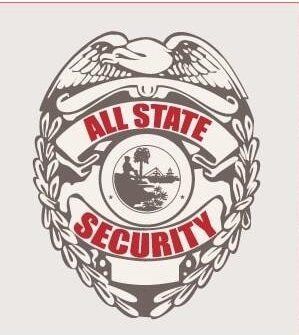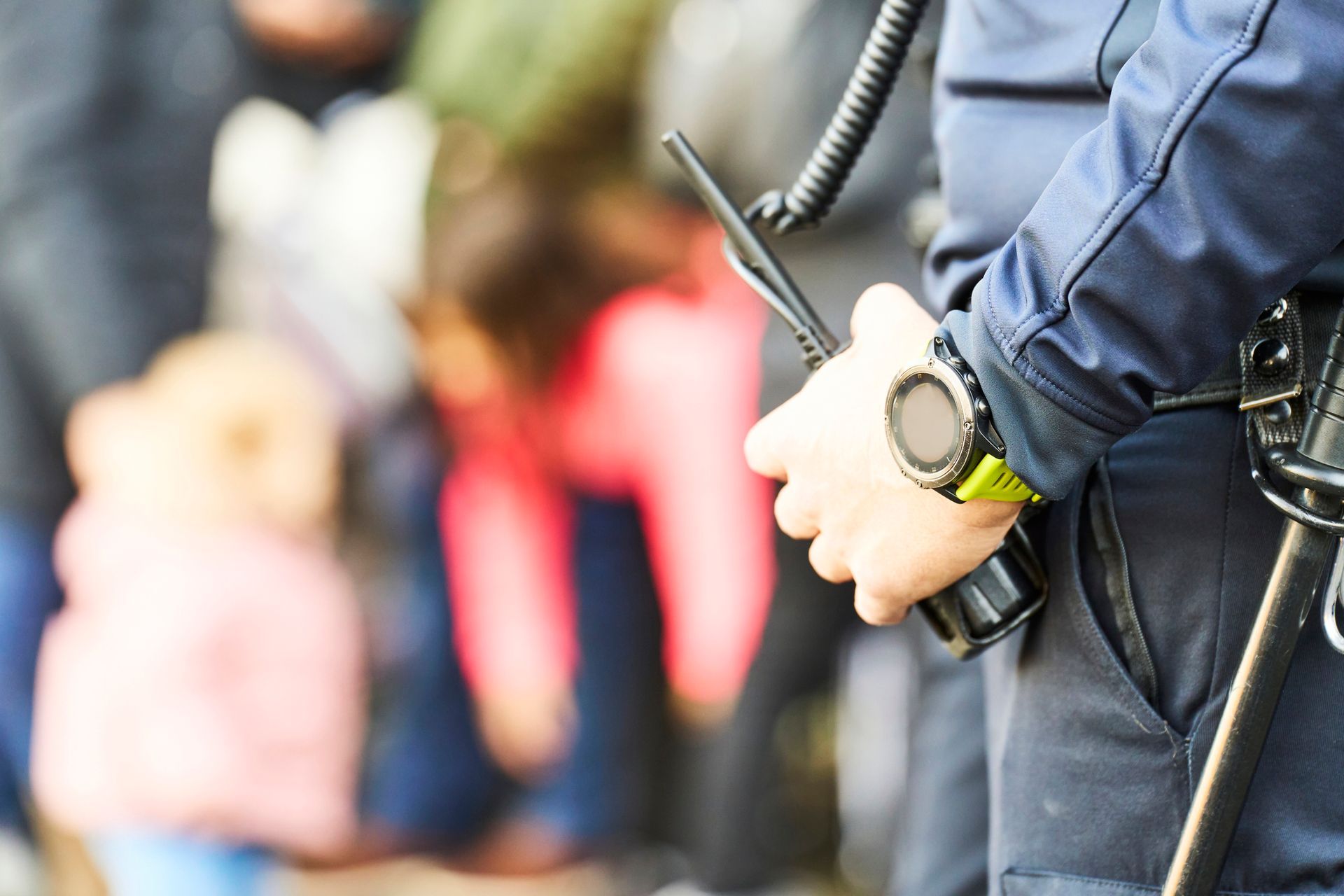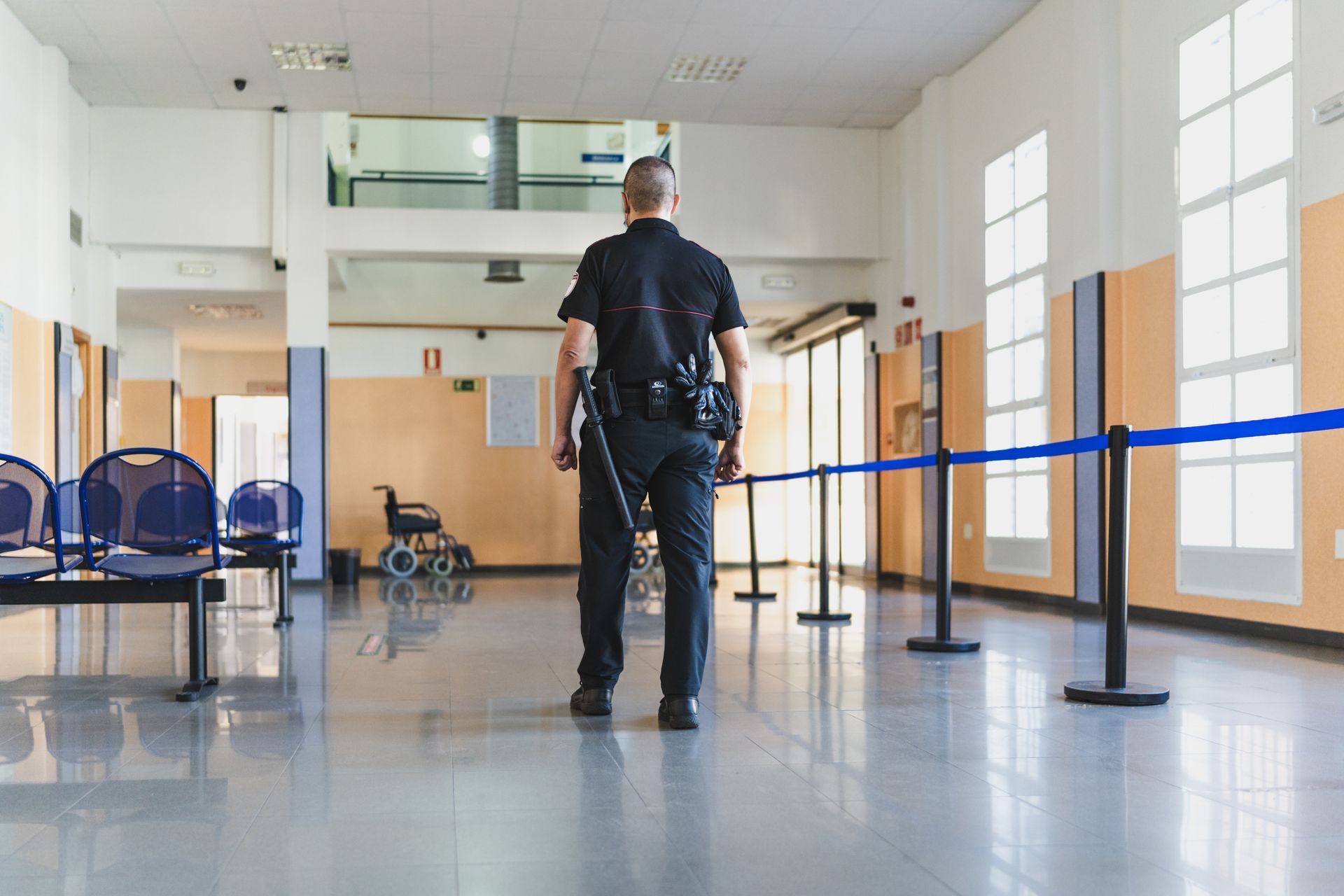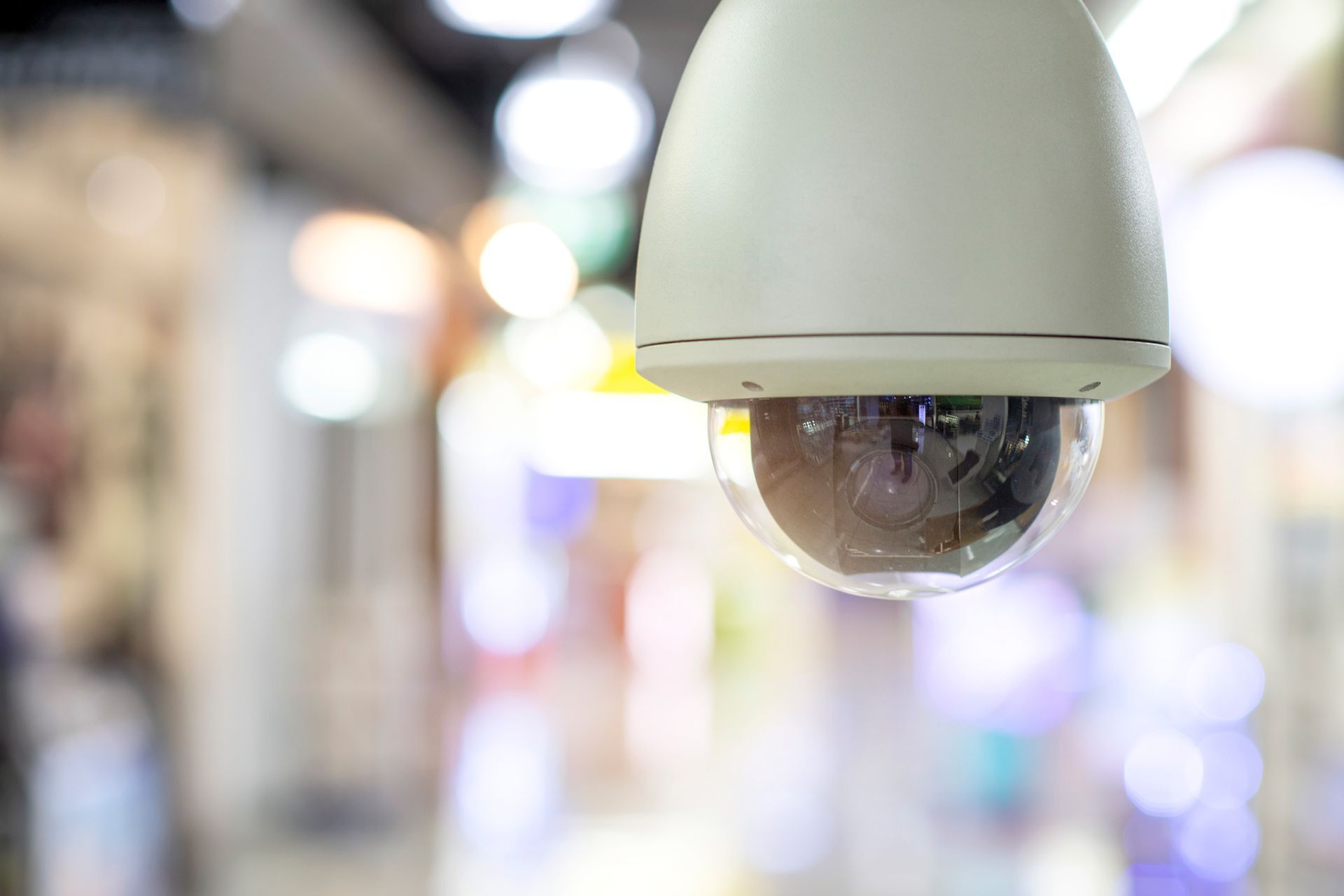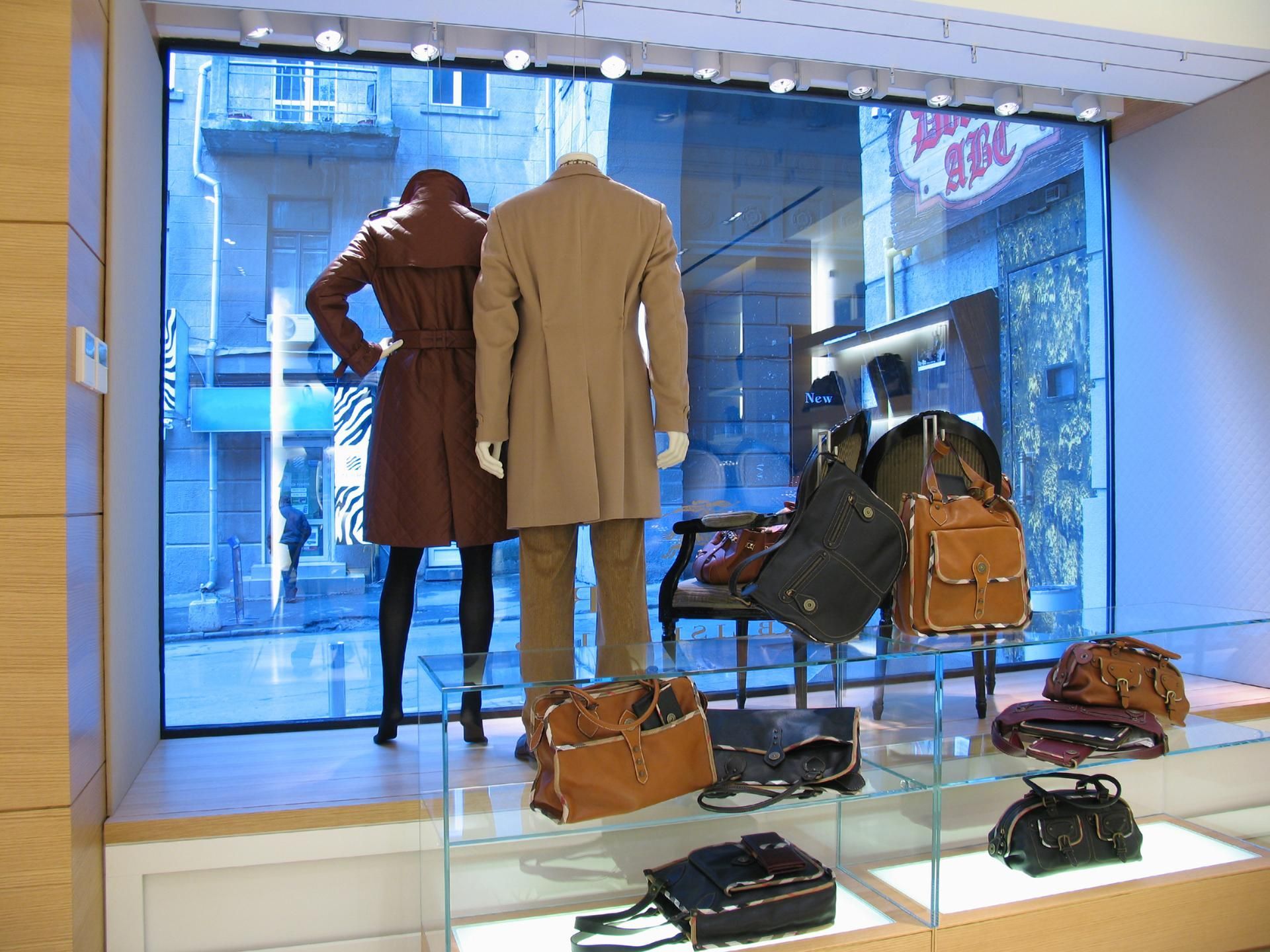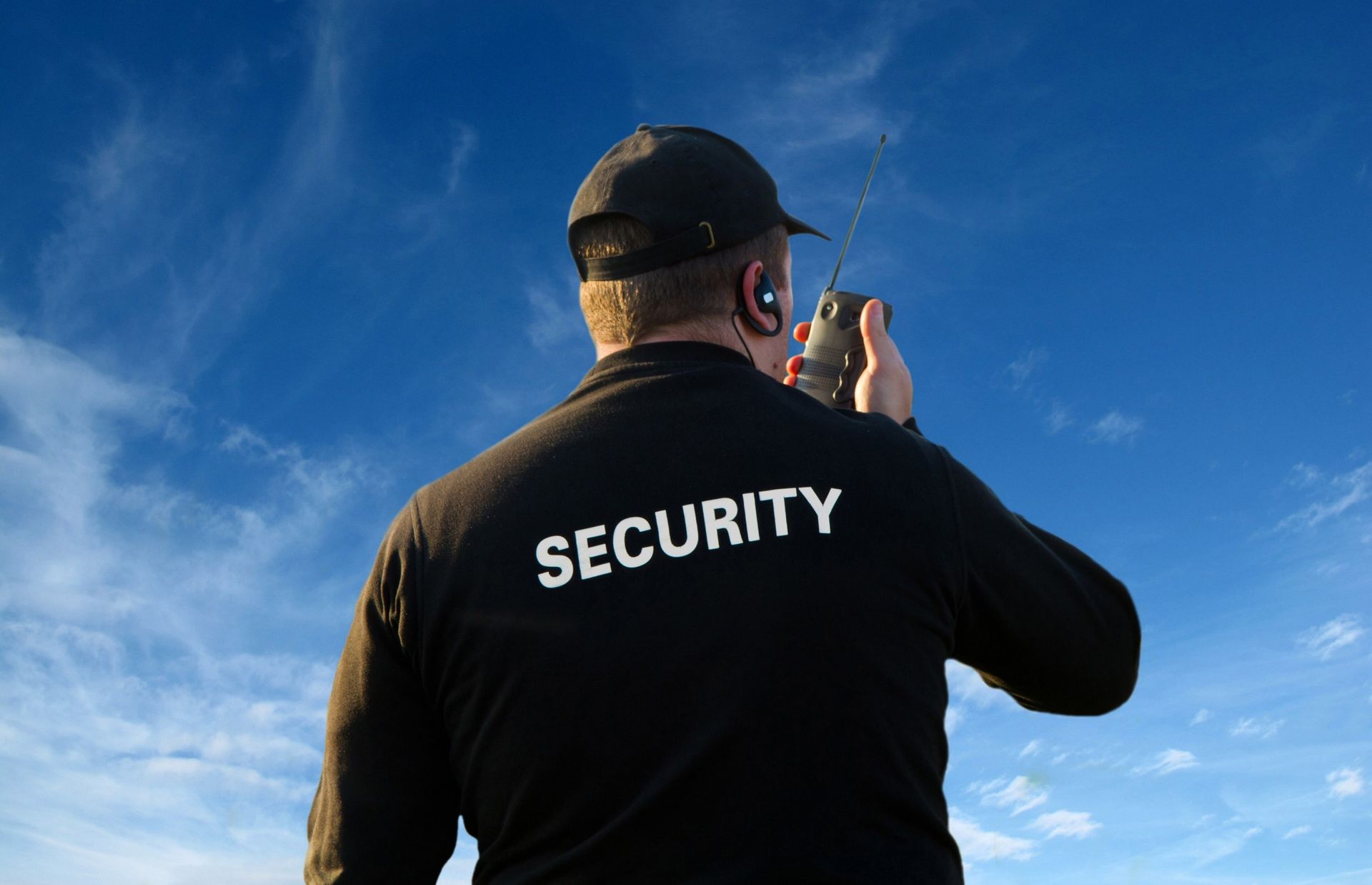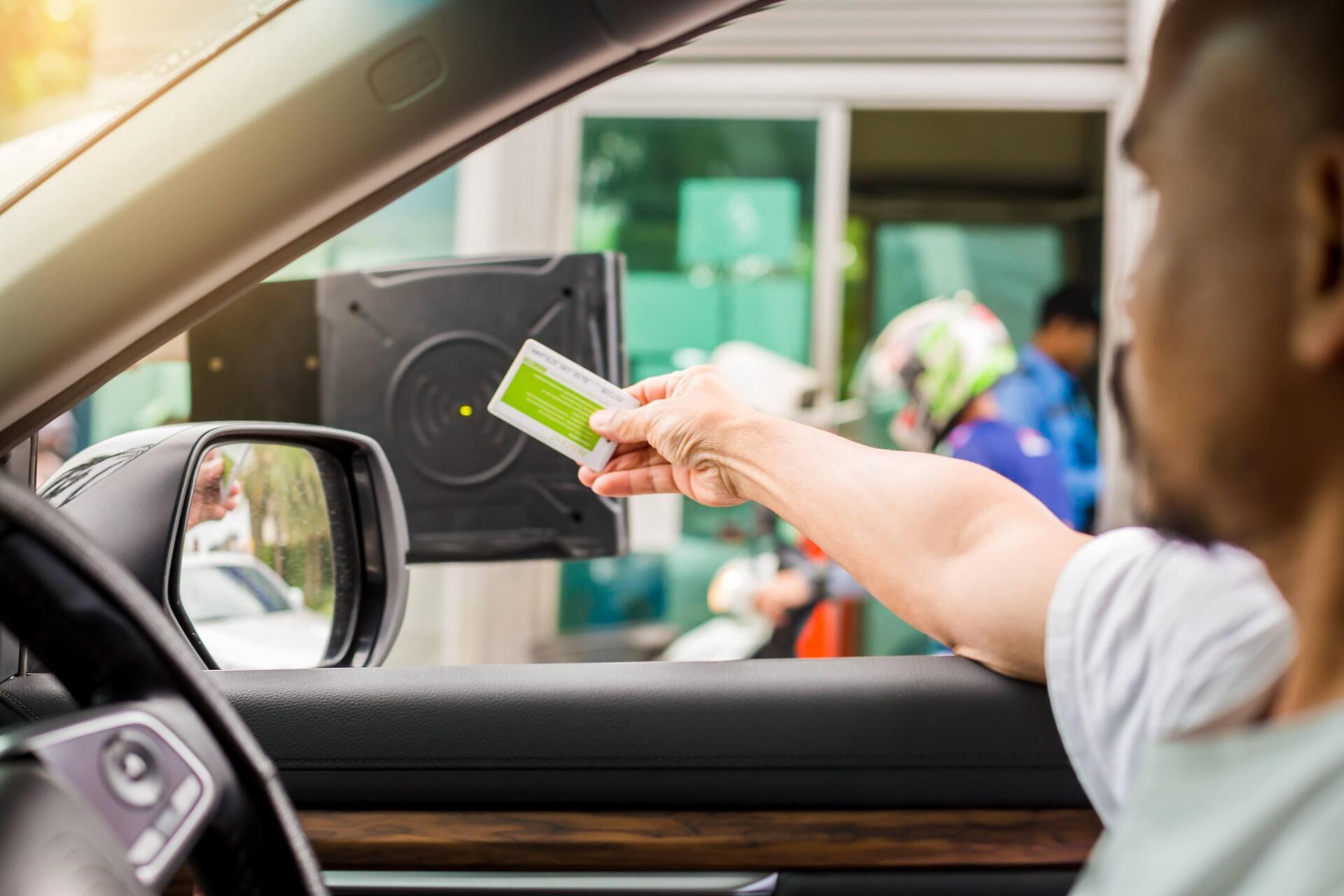Does Your Church Need Improved Security?
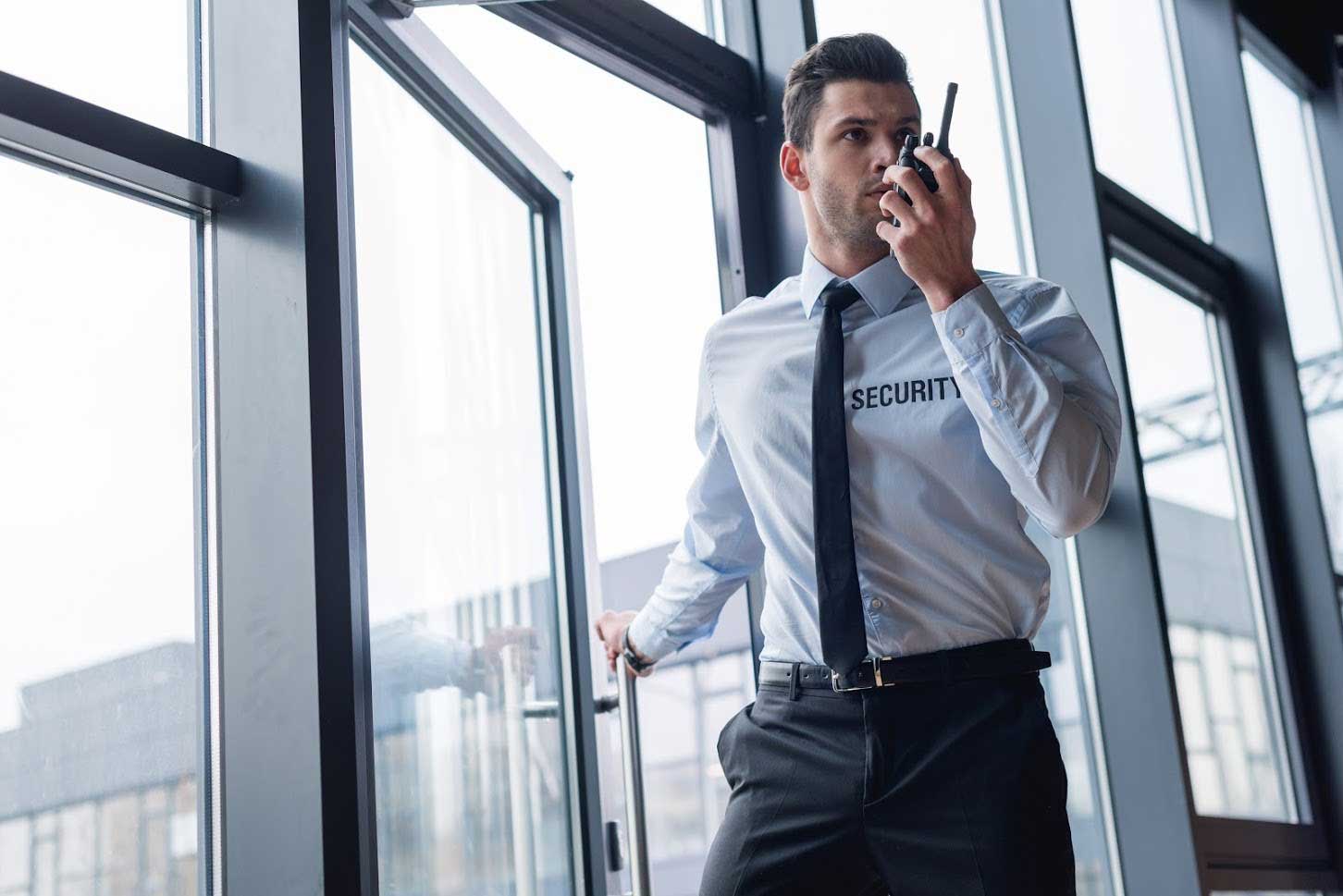
Does your church need to improve its security? Many church leaders today have to address this unfortunate reality of the modern age. Why is it so important to have appropriate security? And what can you do to ensure it? Here's what you need to know.
Why Is Security at Church Important?
A secure church property is important to both the congregation and the property itself. Why?
First, the congregation should feel safe when they gather for worship. Intrinsically, the open nature of most church activities means that they are left open to unwanted intrusion and security risks. Today's churchgoers are not ignorant of the risks faced by open church meetings, so they may want to feel reassured that their safety is a priority.
In addition to regular meetings, how is your church used at other times of the days and weeks? Do small groups meet on a regular schedule? Do you have child care, classes, or playgroups on the site at times? Do volunteers and staff work on the property, perhaps handling money or sensitive information about members? If so, you may need to ensure these groups can do what they need to without sacrificing security.
Think, too, about the valuable items and cash that may be on the property. Donations are collected during services and at other times but are often held before being used or deposited. Your church may also have expensive technology and equipment, such as video equipment for streaming services online. And don't forget that art, statuary, relics, and other precious items are at risk of theft.
What Security Measures Can You Take?
Your congregation has many options when it comes to security measures. This means that you can pick and choose the right options to target potential issues without making church guests feel uncomfortable or inconvenienced.
If your concern is the safety of property while the church is unattended, for example, you could boost security during the off-hours with additional foot or vehicle patrols. The congregation may not even be aware of the presence of added security. Or if your parking lot is at risk while the congregation is worshipping, guards might patrol the lot without interrupting services.
Different measures may include the addition of coded gates and access control on the exterior and interior doors, uniformed or plainclothes security guards, monitored cameras, motion sensor lights and cameras, and community training in various emergency scenarios.
Why Should You Reassess Security?
Should you take a fresh look at security at your facilities? Unless you've done so recently, the answer is probably yes. World and local circumstances can change rapidly, and church leaders need to keep abreast of what dangers may face their congregation.
In addition, the technology available to provide security continually improves. One of the most common examples is the simple lock and key system to secure doors. Modern access control technology can allow you to program various doors to open to different authorized persons, to provide access only at designated times, to change access easily, and to keep a log of who's using which areas.
A good security plan doesn't just address crime or intruders. Professional security staff, for instance, can also help the church provide a safer environment if disaster strikes, if a member has a health emergency on the site, or if you need better crowd control or traffic flow.
Where Should You Begin?
If your church could benefit from modernizing or upgrading its security, begin by consulting with an experienced security service. All State Security is ready to help Washington organizations find the best mix of security options to maximize the safety of their facilities and their visitors. Call today to make an appointment with a security professional.
